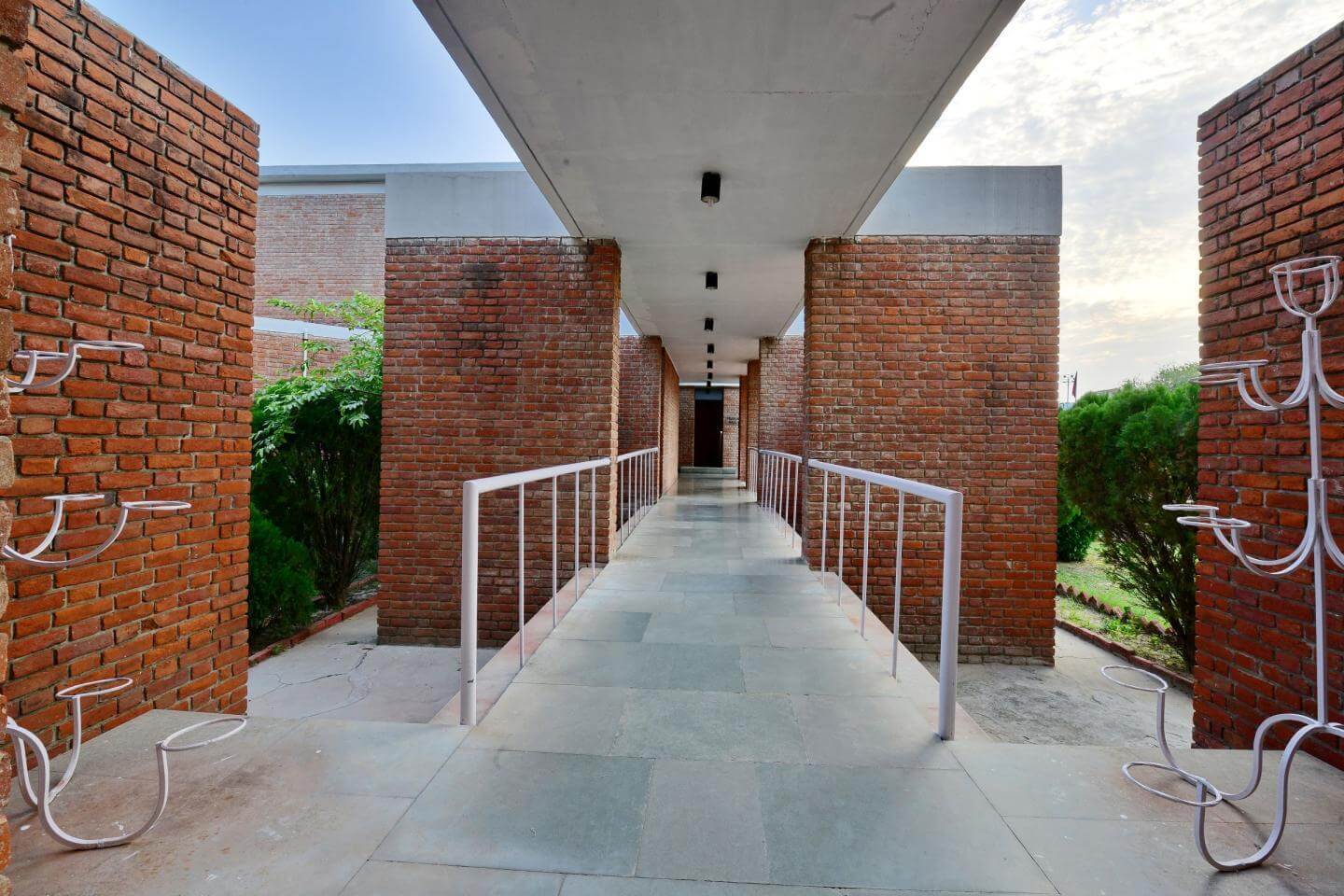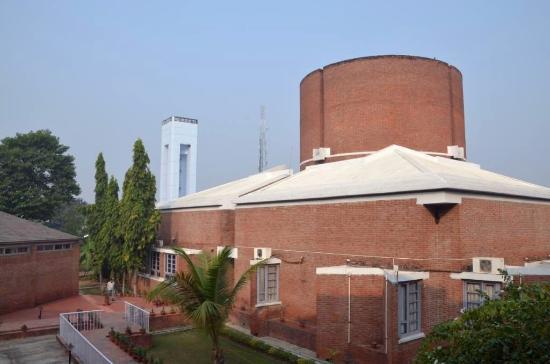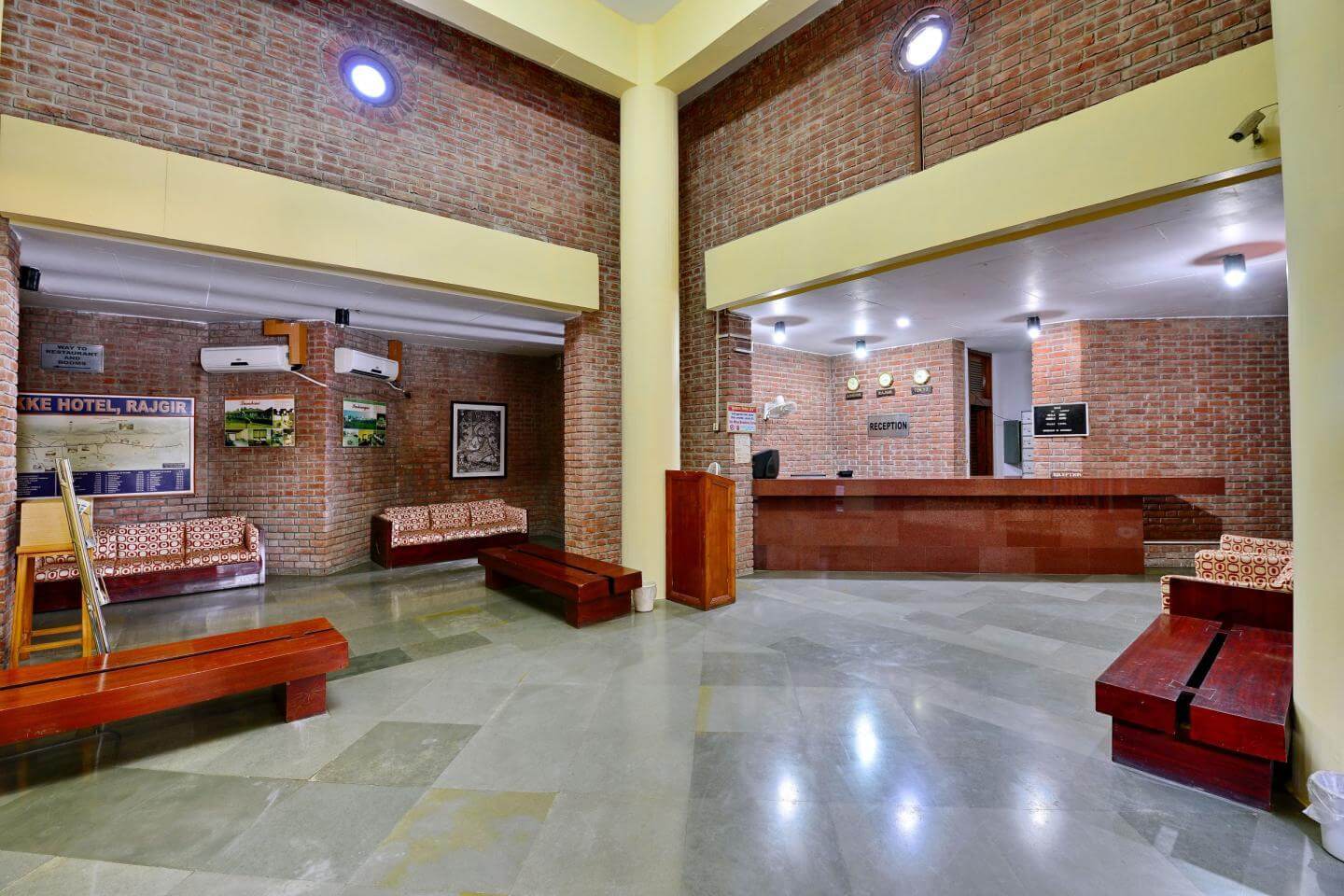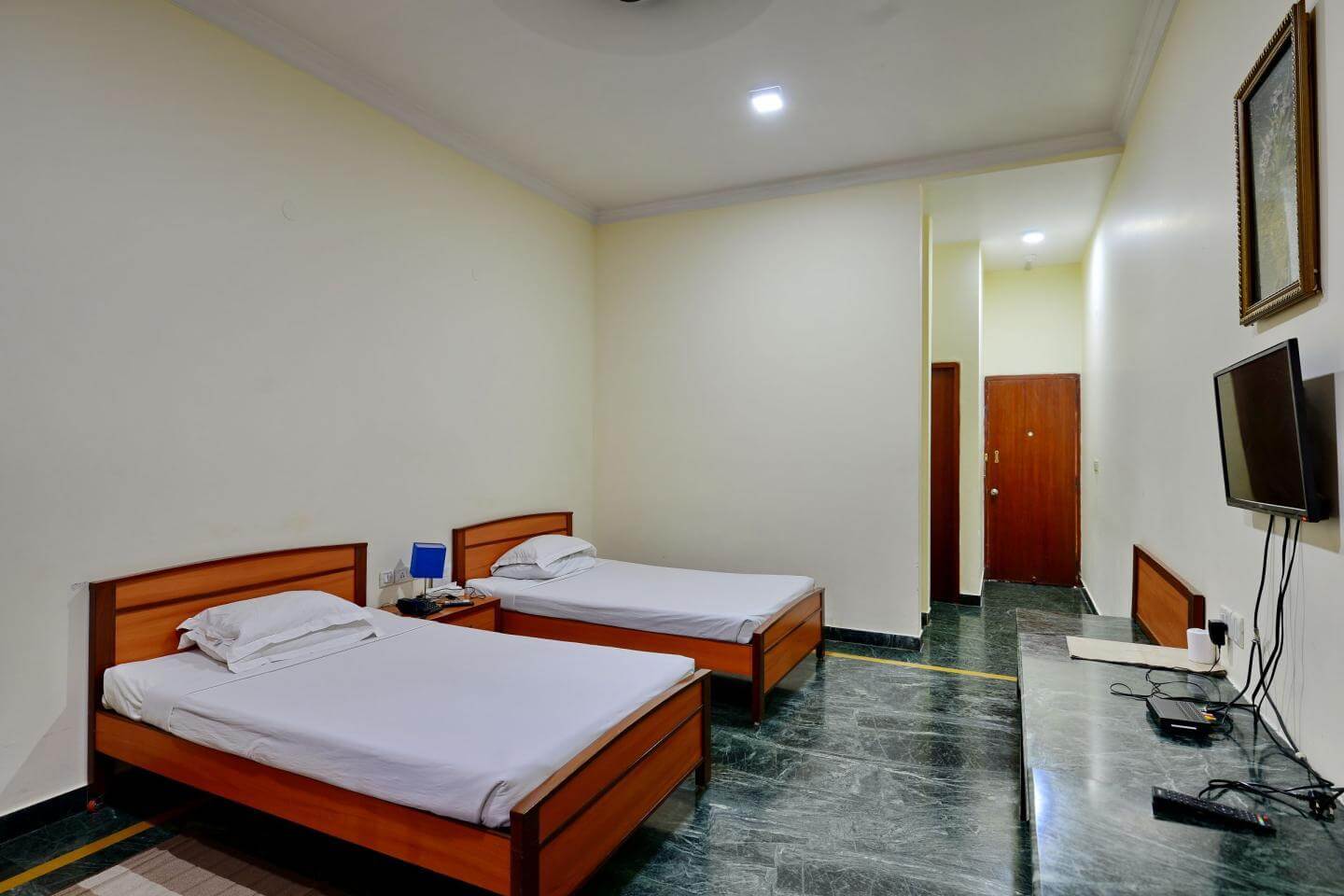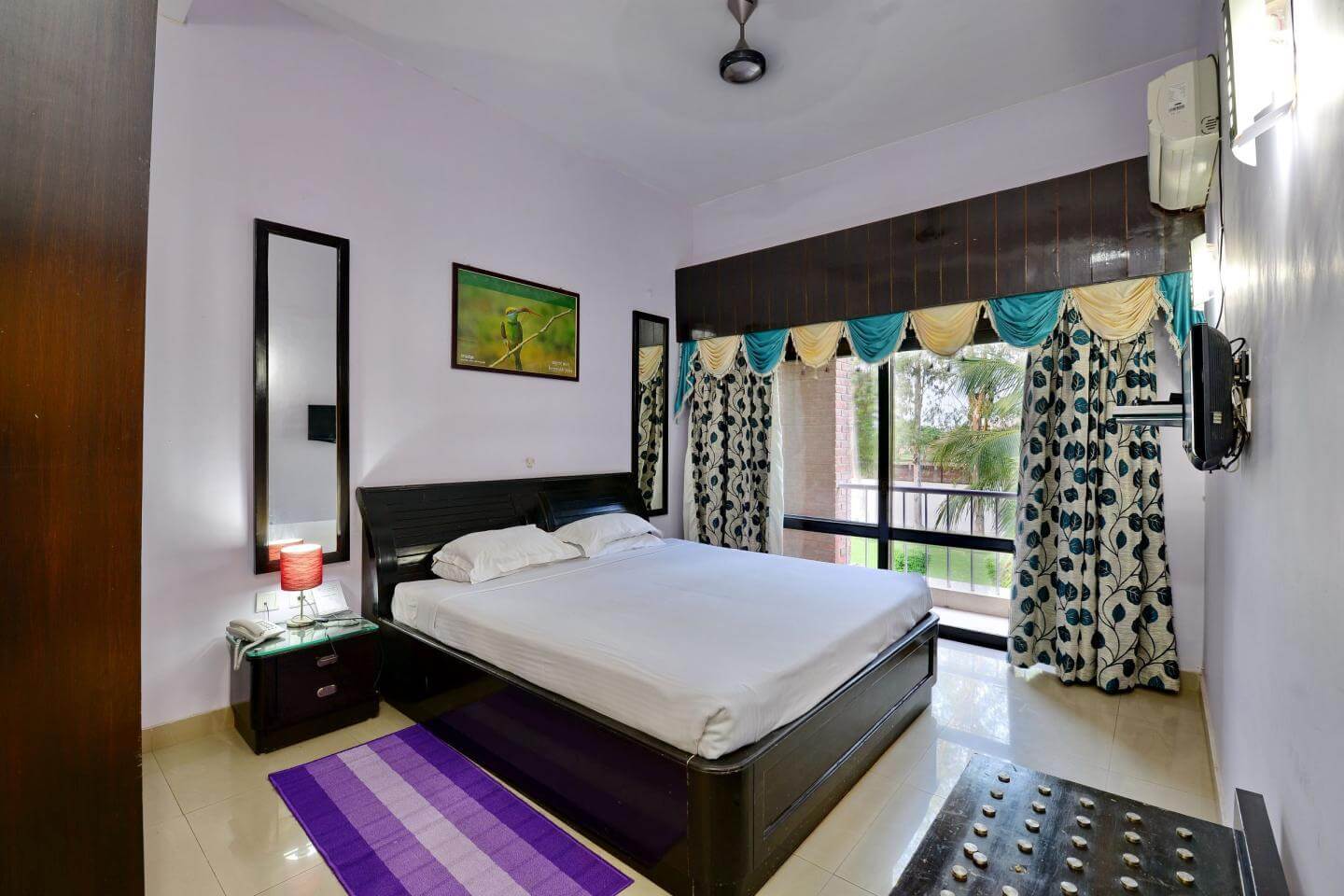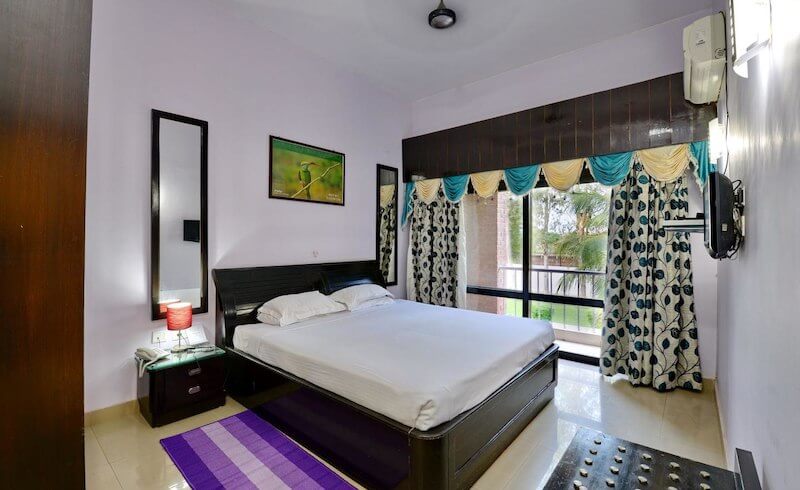A fusion of Indo – Japanese culture, the Indo – Hokke Hotel welcomes you with a breath of fresh air. Peace and harmony greet you as you enter the Stupa – like red brick gate. Classical Indian architecture artistically blended with Japanese architecture creates the true ambience for peace and quiet – an ideal set up in the place where Lord Buddha preached his doctrine, Rajgir. Lord Buddha has followers worldwide and Indo-Hokke Hotel is the ideal place to unwind themselves after a long journey. Away from chaos and clutter, this place promises simplicity, serenity and above all care.
The name Rajgir originated from R?jag?iha ‘place of the lord’ or “illustrious house”, or the word rajgir may have its source in its plain strict signifying, “imperial mountain”. It was the antiquated capital city of the Magadha lords until the fifth century BC when Udayin(460-440 BC), child of Ajatshatru, moved the money to Pataliputra.[4] back then, it was called Rajgriha, which deciphers as ‘the home of Royalty’. Shishunaga established Shishunaga tradition in 413 BCE with Rajgir as its underlying capital before it was moved to Pataliputra.
Rajgir is additionally well known for its relationship with Haryanka tradition Kings Bimbisara and Ajatashatru as their capital city. Ajatashatru kept his dad Bimbsara in bondage here. The sources don’t concur which of the Buddha’s illustrious peers, Bimbisara and Ajatashatru, was in charge of its development. Ajatashatru is likewise attributed with moving the cash-flow to Pataliputra (present day Patna).
OUR ROOMS
STANDARD ROOM – ONE KING BED
PREMIUM ROOM – TWO SINGLE BEDS
07 - 15 Days before check in or else cancellation charges applicable.
For Refund thru Credit Card 5% Bank charges Applicable + Cancellation charge applicable as per hotel policy.
GST AS APPLICABLE.
Extra Supplement Charges as applicable during Festival & Peak Seasons:
Diwali, Peak Season Peak season: 20 December - 10 January, Christmas eve dinner: 24 December, New year eve dinner: 31 December
